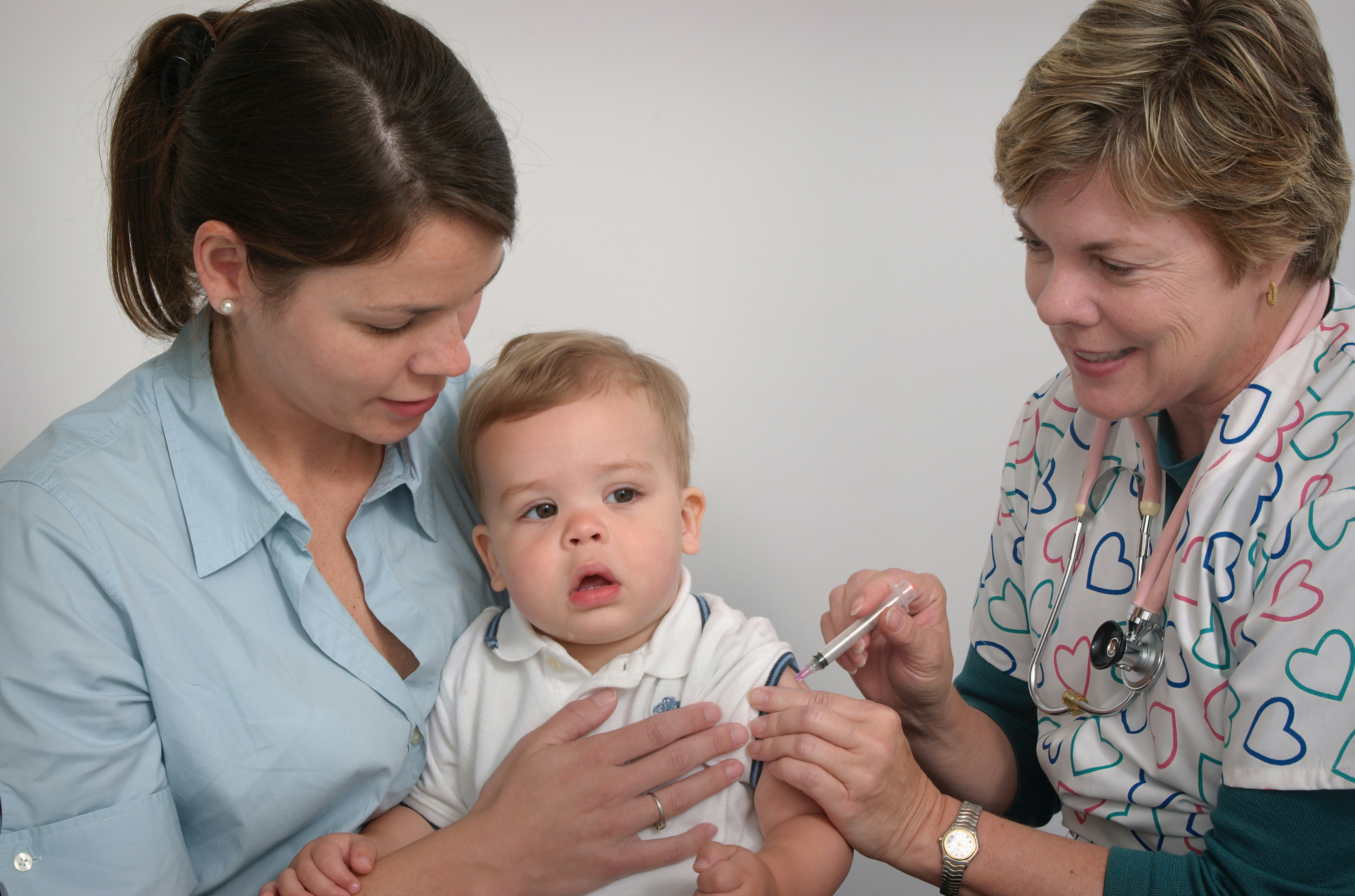Search
Research
A comparison of booster immunisation with a combination DTPa-IPV vaccine or DTPa plus IPV in separate injections when co-administered with MMRThis study evaluated GSK's combined DTPa-IPV vaccine (Infanrix-IPV) given as a fifth consecutive acellular pertussis booster dose in conjunction...
Research
Toll-like receptor 2 ligands inhibit Th2 responses to mite allergenThere is intense interest in the interaction between microbial compounds and allergy.
Research
Immunogenicity and boosting following a reduced number of doses of a Pneumococcal Conjugate Vaccine in infants and toddlersThe minimum number of doses of pneumococcal conjugate vaccine required for protection is not known. We studied the immunogenicity of a reduced schedule in...


News & Events
The Kids researchers help quantify global impact of life-saving vaccinesResearchers at The Kids Research Institute Australia have helped map the global impact of life saving vaccines to mark the 50-year anniversary of the Expanded Programme on Immunisation (EPI).
Research
Safety and immunogenicity of pneumococcal conjugate vaccines in a high-risk population: a randomised controlled trial of PCV in Papua New Guinean infantsInfant vaccination with 3 doses of PCV10 or PCV13 is safe and immunogenic in a highly endemic setting
Research
Antibody persistence and booster response in adolescents and young adults 4 and 7.5 years after immunization with 4CMenB vaccineA more robust immune response after booster compared to a first dose in vaccine-naïve individuals, showed effective priming in an adolescent/young adult population
Research
Biofilm forming potential and antimicrobial susceptibility of newly emerged Western Australian Bordetella pertussis clinical isolatesIsobaric tags for relative and absolute quantitation (iTRAQ)-based proteomic analysis revealed significant differences in protein expression in B. pertussis biofilms
Research
Paediatrician beliefs and practices around influenza vaccinationWe aimed to determine Australian paediatricians' beliefs and practices around the influenza vaccination of children.
Research
Differences in the population structure of Neisseria meningitidis in two Australian states: Victoria and Western AustraliaIn this study, invasive meningococcal disease isolates from the western seaboard of Australia, WA, were compared to those of VIC from 2008 to 2012.
